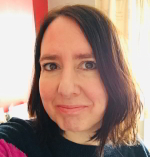Should you use an editor before self-publishing your business book? Helen Jones explains how an editor can help get your book in better shape before you publish.
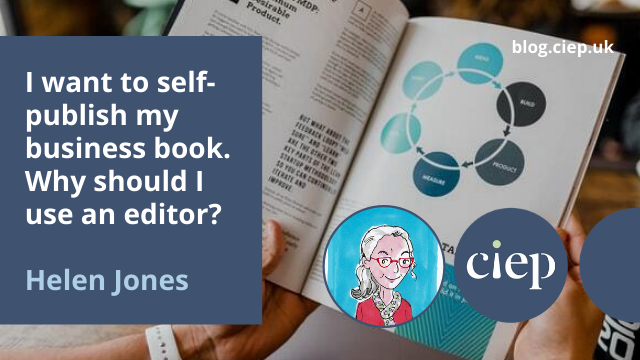 Here are the things an editor will look at:
Here are the things an editor will look at:
- Spelling, grammar and other details
- Who is your reader?
- Getting the facts right
- Taking an overview
- Keeping it simple
- The self-publishing process
Spelling, grammar and other details
Writers often tell me, ‘I’ve run it through spellchecker.’ Spellcheckers in computer programmes such as Word have their place, especially if spelling is not your strong point, but they won’t pick up everything. Mine was blissfully ignorant, for instance, of the errors shown in the three cartoons below!
An editor will pick up on embarrassing typos like these, as well as words that are commonly used in the wrong context, eg alternate/alternative, complement/compliment and continual/continuous.
As well as checking the spelling, editors will look at:
- Grammar – this covers everything from the tenses of verbs to deciding if a noun is singular or plural.
- Sentence construction – for instance, changing passive sentences to active ones, reordering confusing sentences or cutting down long ones.
- Punctuation – common errors include using a comma rather than a semicolon to join two clauses and putting apostrophes in the wrong place.
- Consistency – in-house editors adopt the publisher’s house style but there’s no reason why your editor can’t create one for your book. House style covers things like variant spellings, eg learnt or learned, and whether to use text or figures for numbers. These are subtle differences but, when applied overall, they will make your book look more professional.
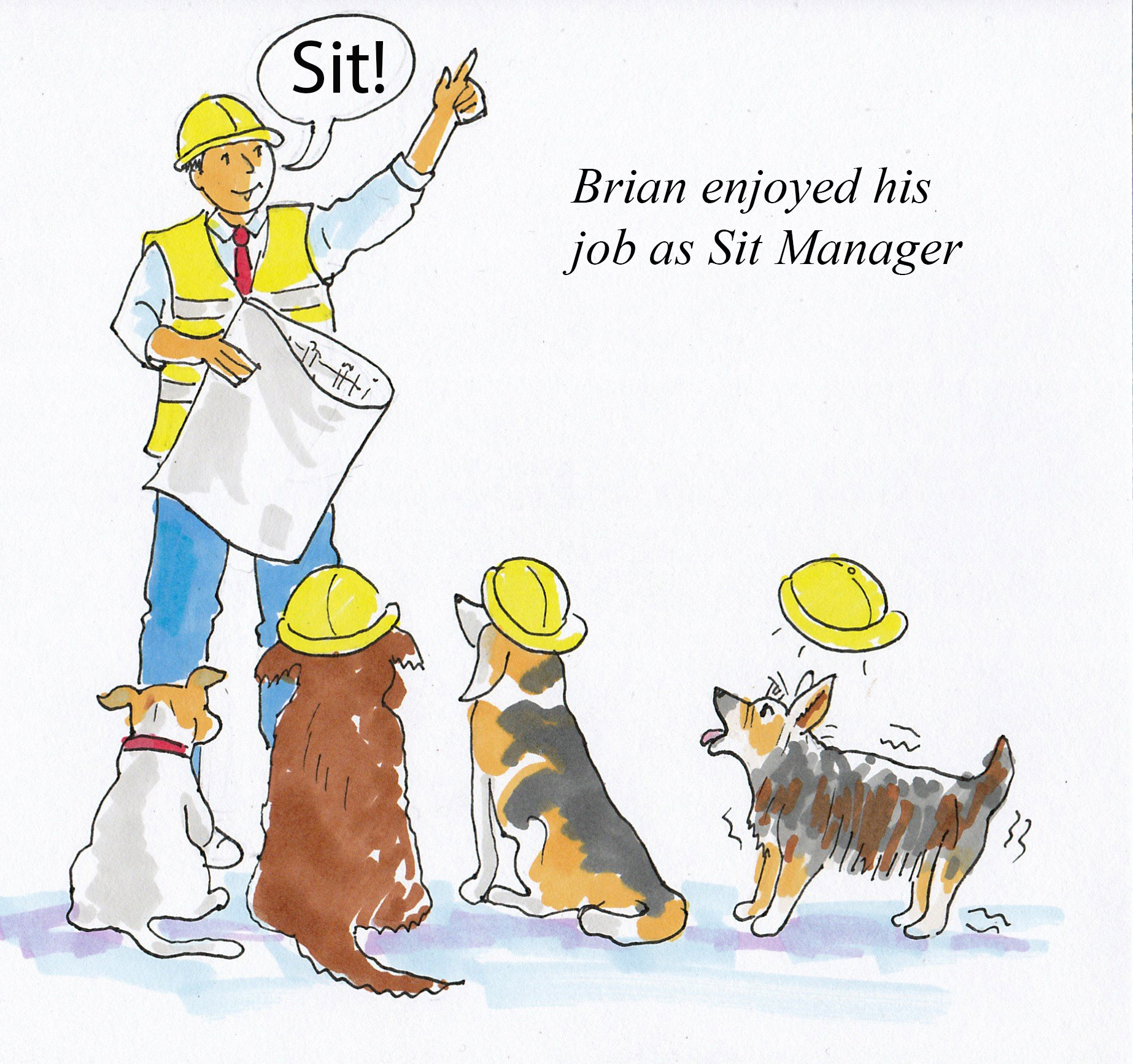 Who is your reader?
Who is your reader?
Sending your manuscript to friends or relatives is a good place to start, because you get a feel for people’s reactions to your book. However, because they know you, they are likely to be very flattering rather than look at it objectively.
An editor, on the other hand will:
- Ask: Who is going to read this? Is the language level right for this readership? For instance, Ten Easy Steps to Growing your Business would be different in style from Advanced Business Strategies.
- Check for unnecessary or confusing jargon and that the author has explained any technical terms.
- Make suggestions on how to improve it.
Getting the facts right
No matter how many times you’ve read through your manuscript, there will always be things you miss.
An editor will act as a fresh pair of eyes and will check for the following:
- Inconsistencies in information – for example do charts, graphs and diagrams tally up with what it says in the text?
- Incorrect facts and figures or ambiguous statements.
- Whether references are in a logical order (usually alphabetical).
- Has the writer got permission, where necessary, to quote from other sources? Ideally, this needs to happen at an early stage, otherwise their book may be delayed.
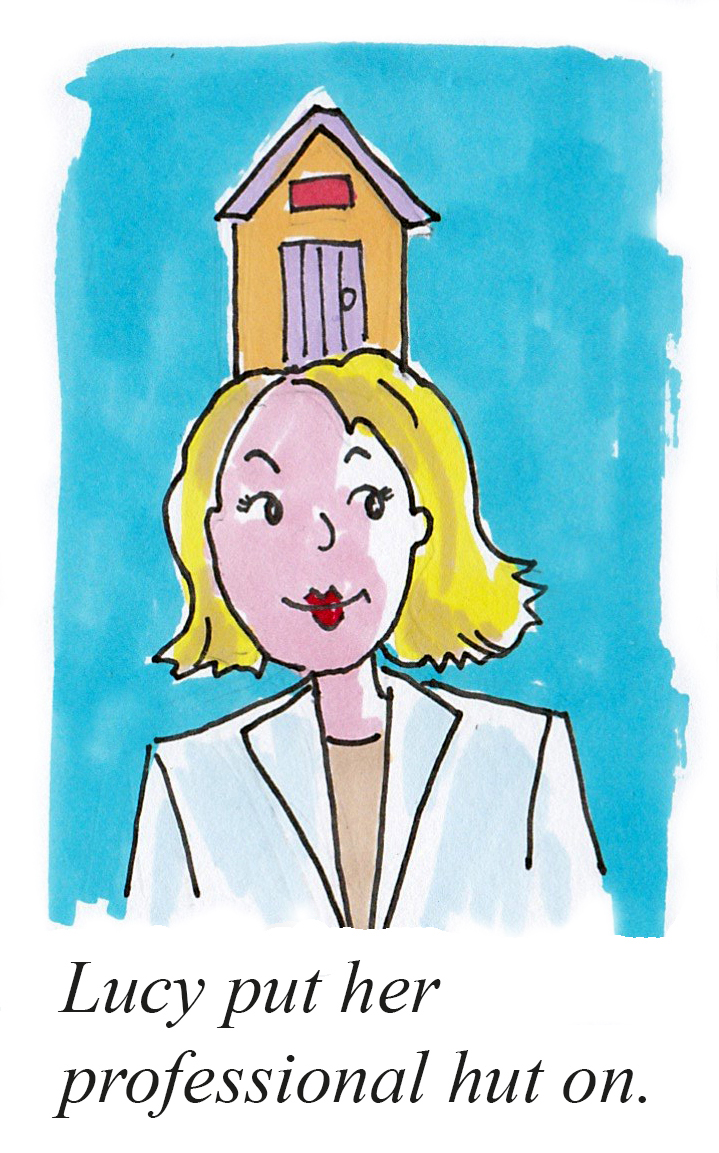 Taking an overview
Taking an overview
New writers can sometimes get so involved in the detail they forget to consider their book as a whole. As we’ve already pointed out, editors will check the detail. But they will also take an overview and consider the following:
- Are the chapters in a logical order?
- Does the book have a clear beginning, middle and end?
- Is there a central theme that runs throughout the book and, if not, would it be strengthened by having one?
- Is there anything missing that needs adding?
- Is there anything that is irrelevant that needs taking out?
Keeping it simple
We can all wax lyrical when we get enthusiastic about our subject. And let’s face it, we want the reader to catch your enthusiasm! However, repetition, going off at a tangent, and long words and sentences can be off-putting.
Many CIEP members are experts in plain English, which essentially helps your reader to understand and apply what they have read. The International Plain Language Federation describes it like this:
A communication is in plain language if its wording, structure and design are so clear that the intended audience can easily find what they need, understand what they find, and use that information.
For more on plain English, go to iplfederation.org/plain-language.
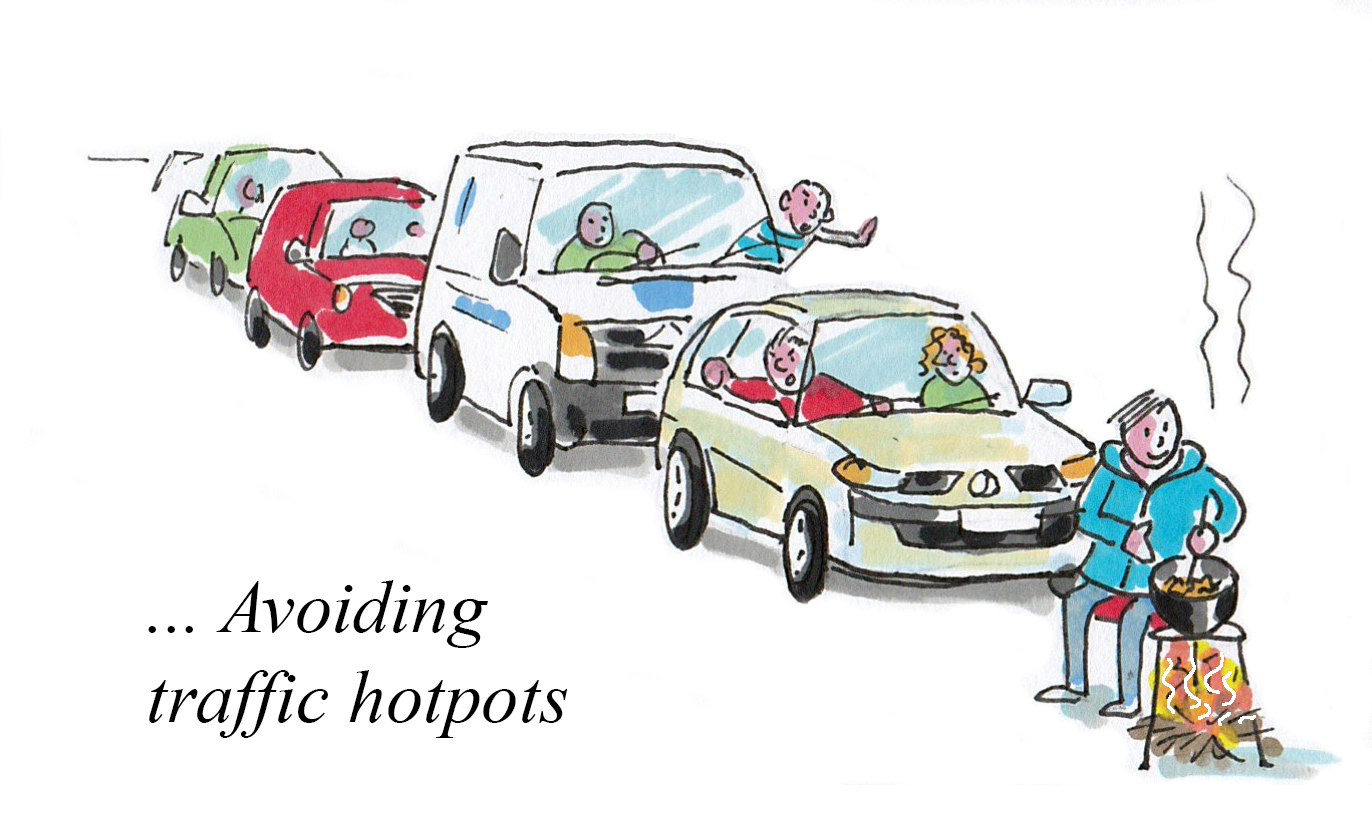 The self-publishing process
The self-publishing process
Self-publishing can be a bit daunting for the novice. But getting some handy tips from someone who understands the process will go a long way towards making things easier for you.
An editor who has worked with self-published authors can help you answer the following questions:
- Should I have printed copies or an ebook, or both?
- Should my ebook be reflowable or fixed layout?
- What’s the difference between publishing with Amazon KPD or another
self-publishing provider? - Should I use a typesetter or will the Word file I’ve created be adequate?
- Where can I get an ISBN and barcode?
- What should I include in my prelim pages?
Wrapping up: How an editor can contribute to your book
An editor will:
- Take an overview as well as checking the details.
- Help you with checking the facts and ensure the language style is right for the audience.
- Offer advice on the self-publishing process.
Overall, an editor can add that professional touch that will increase the chances of your book being a success.
So, what are you waiting for? To find a suitable editor for your business book,
go to ciep.uk/directory.
About Helen Jones
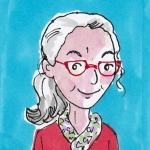 Helen Jones started her career in publishing setting ads for a crane magazine. Among other things, she now proofreads bids for lift contractors. She hopes this means she’s gone up in the world. Highlights of her career include interviewing Quentin Blake, writing children’s picture books and helping self-published authors get their books in print.
Helen Jones started her career in publishing setting ads for a crane magazine. Among other things, she now proofreads bids for lift contractors. She hopes this means she’s gone up in the world. Highlights of her career include interviewing Quentin Blake, writing children’s picture books and helping self-published authors get their books in print.
 About the CIEP
About the CIEP
The Chartered Institute of Editing and Proofreading (CIEP) is a non-profit body promoting excellence in English language editing. We set and demonstrate editorial standards, and we are a community, training hub and support network for editorial professionals – the people who work to make text accurate, clear and fit for purpose.
Find out more about:
Cartoons copyright ©Helen Jones
Photo credit: open book by Austin Distel on Unsplash
Posted by Abi Saffrey, CIEP blog coordinator.
The views expressed here do not necessarily reflect those of the CIEP.



